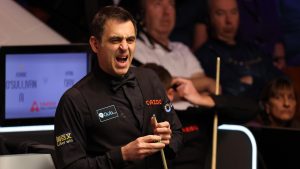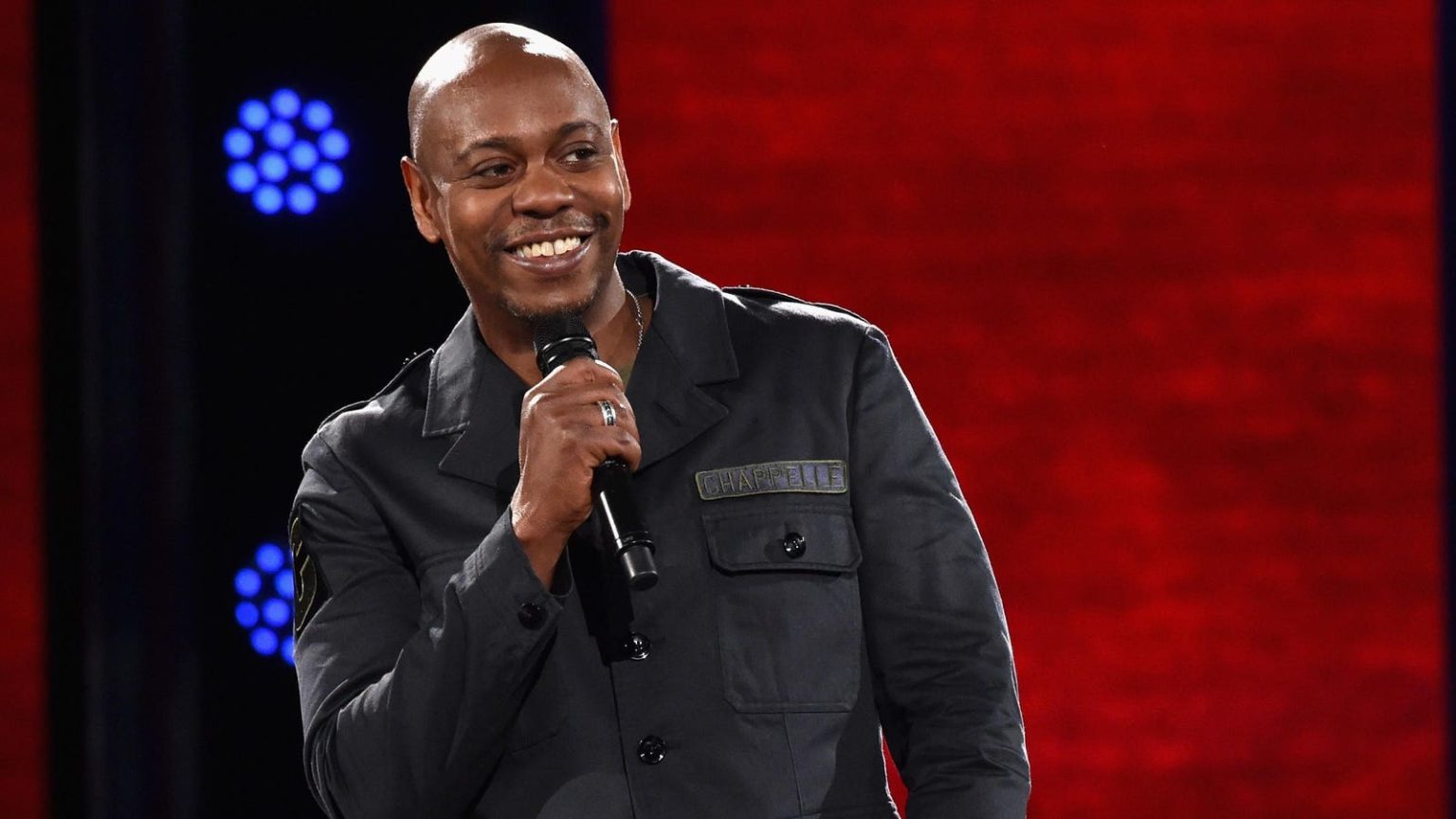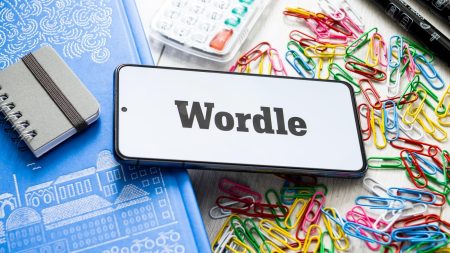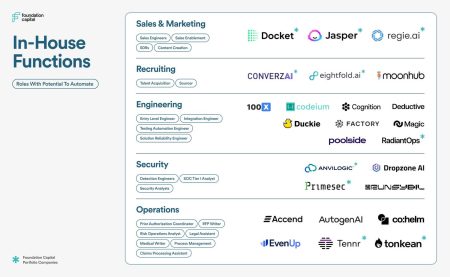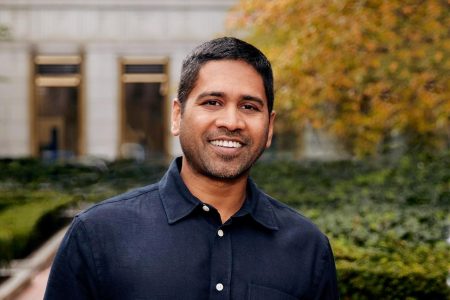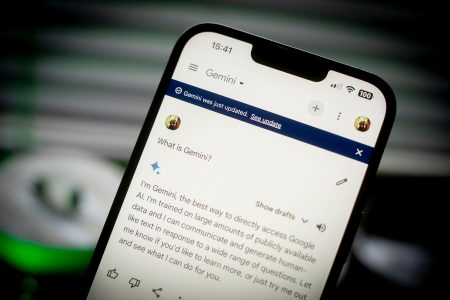In the world of NCAA sports, the landscape has shifted dramatically with the introduction of the ability for athletes to profit off their name, image, and likeness (NIL). This change has opened up new opportunities for athletes to capitalize on their social media presence, with some top athletes earning millions of dollars through NIL deals. As the NCAA March Madness tournament comes to a close, many athletes are leveraging their newfound ability to monetize their popularity on social media.
With the NIL market reaching an astounding $1.17 billion this year, the potential for athletes to earn significant income through endorsements and sponsorship deals is becoming clearer. Athletes like USC’s Bronny James, Colorado’s Shauder Sanders, and Iowa’s Caitlin Clark are just a few examples of athletes who have cashed in on their popularity. These athletes have earned millions of dollars through various NIL deals, showcasing the lucrative opportunities available in this new era of athlete endorsement.
However, the rush to secure these NIL deals has raised concerns about the speed at which contracts are being negotiated and signed. Athletes like Grambling State guard Jimel Cofer Jr. and Oakland’s Jack Gohlke have signed deals with major brands within hours of their tournament victories, highlighting the pressure athletes face to capitalize on their success. While these deals may bring short-term financial gains, athletes may come to regret signing agreements without fully understanding the long-term implications.
One of the major pitfalls of these quick-turnaround NIL deals is the lack of clarity in contract terms. Many athletes may not fully understand the extent of their obligations or the potential risks involved in these agreements. Brands may include clauses that take advantage of the athletes’ popularity, resulting in athletes unknowingly signing unfavorable contracts. It is crucial for athletes to seek professional advice and carefully review the terms of any sponsorship deals to avoid potential pitfalls.
By studying cautionary tales from other industries, such as legendary comedian Dave Chappelle’s experience with signing an unfavorable contract early in his career, athletes can learn valuable lessons about the importance of negotiating fair terms. Chappelle’s decision to walk away from his successful show due to an unfavorable contract serves as a reminder of the risks of signing agreements without thorough consideration. Athletes should take the time to seek expert advice and thoroughly review any contracts to ensure they are not undervaluing their worth in the long run.
As the NIL landscape continues to evolve, it is important for athletes, brands, and creators to navigate these new opportunities with caution and attention to detail. By learning from examples in other industries and seeking guidance from experienced professionals, athletes can maximize their earning potential while protecting their long-term interests. The rise of NIL deals in NCAA sports presents exciting opportunities for athletes to capitalize on their popularity, but it also requires careful consideration and strategic decision-making to avoid potential pitfalls in the fast-paced and competitive world of athlete endorsements.
